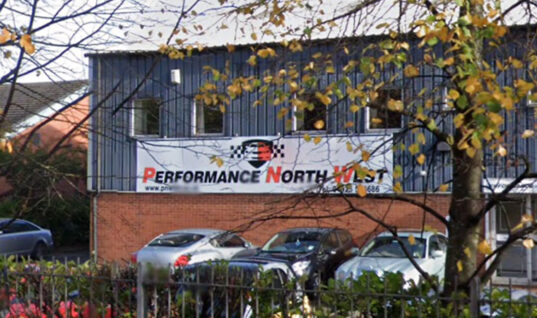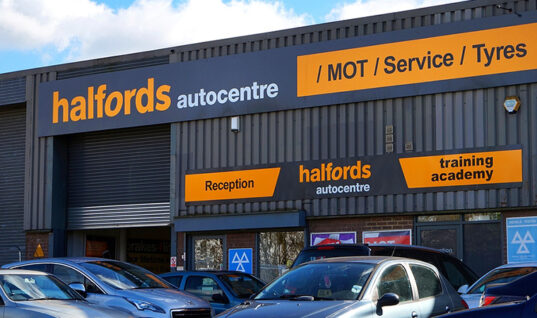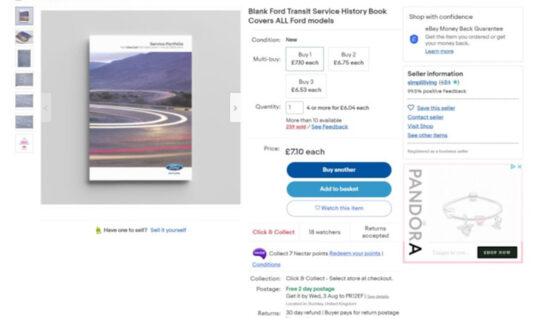As the new ‘73’ vehicle registration arrives in England, Scotland and Wales, a YouGov poll of 1,755 UK driving licence holders commissioned by The Motor Ombudsman has revealed that just over half (53 percent) of motorists would opt for a manual gearbox if they were to buy a new car within the next 12 months.
The remainder, a slightly lower proportion at 47 percent, showing a near-even split in opinion, said they would prefer to purchase an automatic model – now synonymous with electric vehicles (EVs) and hybrids.
Out of the 934 individuals in the research who stated a preference for driving with a traditional stick shift, the most cited reason for manual having the upper hand over automatic by nearly three-quarters (72 percent) of these respondents, was because this was how they learned to drive. This has thereby possibly made them more hesitant to make the shift to a gearbox that does everything for them, or to try technology that they may have not experienced before.
Over a third (39 percent) of manual fans also stated that being in control of their own gear shifts can offer a greater level of driving enjoyment for the ‘purists’ than an auto box, especially in a high performance car, and that this type of transmission makes it easier to change gears in anticipation of the volume of traffic ahead (34 percent).
Furthermore, for nearly one in three people (28 percent), price would also sway respondents to go manual, as models can be sometimes be cheaper than those with an automatic gearbox.
For the 47 percent of people who stated that they would like to to buy a new automatic car in the coming year with a transmission where gear ratios are already pre-determined, the majority i.e. close to two-thirds of respondents in this group (62 percent), explained that the primary benefit of an automatic over a manual was that it can be less tiring to drive a vehicle of this kind, especially in urban areas or when in stop-start traffic.
Similarly, 37 percent of people said that, without the need to change gears themselves, they can concentrate more on the road ahead without having to worry about shifting up or down the gearbox, avoid the risk of stalling and riding the clutch (32 percent), and keep both hands on the steering wheel (21 percent), thereby promoting a greater feeling of safety.
In addition, for respondents who would opt for an automatic gearbox for a new car, this would be influenced by the fact that that their next purchase would likely be an EV (26 percent), where models are only sold with this type of transmission.
This percentage rises to 34 percent among Generation Z i.e. 18- to 24-year-olds, and to 35 percent for those aged between 35 to 44, encompassing Millennials and Generation X.
When looking at the findings of the latest research conducted by the Ombudsman for the automotive sector in terms of the regional variances when it comes to manual and automatic preferences, motorists in Wales and the North would be most likely to purchase a new vehicle with a stick shift at 67 percent and 59 percent of individuals respectively.
In contrast, nearly two-thirds (62 percent) of Londoners would do the opposite and go for an automatic, reflecting the use of a car in a predominantly urban setting.
Bill Fennell, chief ombudsman and managing director at The Motor Ombudsman said: “The manual gearbox has been a part of the automotive landscape for over a century, and for many drivers, this has always been their transmission of choice.
”However, as traditional petrol and diesel models are gradually phased out on the road to 2030, coupled with electric vehicles seeing ever-increasing ownership, the shift away from the traditional manual gearbox is likely to become more prominent, and automatic will become the norm for many.
”What the research does show however, is that, with a near-even split in gearbox preferences amongst motorists, a place remains for both types of transmission to satisfy current consumer demand.”







